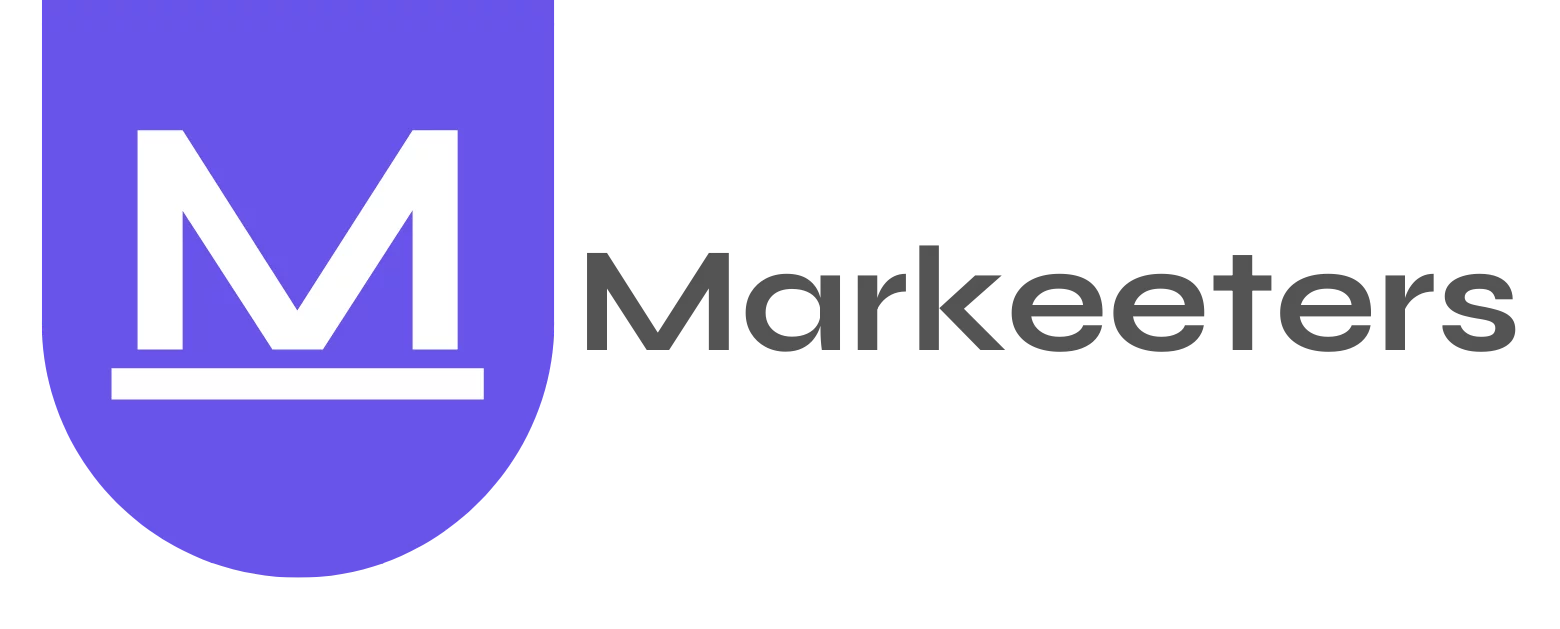Social media marketing has become a crucial component of any successful business strategy, and the construction industry is no exception. Platforms like Facebook, Instagram, LinkedIn, Twitter, and YouTube offer construction companies valuable opportunities to showcase their work, build brand awareness, generate leads, and engage with their target audience. This comprehensive guide will provide you with the knowledge and tools necessary to develop and execute a winning social media marketing plan for your construction company.
Why Social Media Marketing Matters for Construction Companies
By using platforms like Facebook, Instagram, LinkedIn, Twitter, and YouTube, construction companies can reap numerous benefits that can help them grow their business and stay ahead of the competition.
1. Increased Brand Visibility
Social media marketing allows construction companies to increase their brand visibility by reaching a wider audience. By regularly posting engaging content, such as project updates, behind-the-scenes photos, and informative articles, companies can attract new followers and keep their brand top-of-mind with potential clients.
2. Targeted Advertising Opportunities
Social media platforms offer powerful advertising tools that enable construction companies to target specific demographics, interests, and behaviors. By creating targeted ads, companies can reach their ideal clients more effectively and generate high-quality leads.
3. Showcasing Your Portfolio
Social media provides an excellent opportunity for construction companies to showcase their portfolio of completed projects. By sharing high-quality images and videos of their work, along with detailed descriptions and client testimonials, companies can demonstrate their expertise and attract new business.
4. Enhancing Customer Engagement
Social media marketing allows construction companies to engage directly with their audience, fostering stronger relationships and building trust. By responding to comments, answering questions, and encouraging followers to share their own experiences, companies can create a sense of community and loyalty around their brand.
5. Driving Website Traffic
By consistently sharing links to their website’s blog posts, service pages, and landing pages, construction companies can drive more traffic to their site. This increased website traffic can lead to higher search engine rankings, more leads, and ultimately, more business.
Strategy for Effective Social Media Marketing

1. Identifying Your Target Audience
The first step in creating an effective social media marketing strategy is to identify your target audience. Understanding who you’re trying to reach will help you create content that resonates with them. The main target audience for a construction company’s social media typically includes:
- Potential customers (homeowners, property managers, and building owners)
- Industry partners (subcontractors, suppliers, and vendors)
- Current and prospective employees
By tailoring your content and messaging to these specific groups, you’ll be able to establish a stronger connection and drive better results.
2. Setting SMART Goals
Once you’ve identified your target audience, it’s essential to set SMART (Specific, Measurable, Achievable, Relevant, and Time-bound) goals for your social media marketing efforts. Common objectives for construction companies include:
- Increasing brand awareness and visibility
- Generating leads and driving website traffic
- Attracting top talent and showcasing company culture
- Engaging with followers and building relationships
- Establishing thought leadership within the industry
Setting clear, measurable goals will help you stay focused and track your progress over time.
3. Choosing the Right Platforms
Not all social media platforms are created equal, and it’s crucial to focus your efforts on the ones that align with your target audience and goals. The most popular platforms for construction companies are:
- Facebook – Ideal for sharing project photos, videos, and live streams
- Instagram – Perfect for providing behind-the-scenes looks at construction sites and showcasing your company culture
- LinkedIn – Great for establishing thought leadership, generating leads, and connecting with industry professionals
- Twitter – Useful for sharing company news, engaging in industry conversations, and providing customer support
- YouTube – Valuable for hosting video content, such as tutorials, project showcases, and testimonials
By selecting the right mix of platforms, you can maximize your reach and impact.
4. Developing a Content Strategy
A well-defined content strategy is the backbone of any successful social media marketing plan. Your content should be a mix of informative, engaging, and promotional materials that appeal to your target audience. Some key content pillars to consider include:
- Educational content (blog posts, infographics, and how-to videos)
- Thought leadership pieces (industry insights, expert opinions, and trend analyses)
- Behind-the-scenes content (photos and videos of projects, teams, and company events)
- Community engagement (responding to comments, participating in hashtag discussions, and running contests)
By consistently delivering valuable content, you can build trust, establish your authority, and keep your followers coming back for more.
5. Creating a Content Calendar
Develop a monthly content calendar to ensure a steady flow of content and maintain a consistent posting schedule. This will help you plan ahead, stay organized, and avoid last-minute scrambling. Use a mix of original and curated content, and leverage tools like Canva for graphic design and Hootsuite or Buffer for scheduling. Aim to post regularly across all platforms, using relevant hashtags and optimizing your posts for keywords.
6. Invest in Paid Advertising
While organic reach on social media can be limited, paid advertising allows you to expand your reach and target specific audiences. Allocate a portion of your marketing budget to paid social media advertising, such as Facebook ads, promoted posts, and sponsored content campaigns. This will help you reach a larger, more targeted audience and drive better results, such as increased website traffic, lead generation, and conversions.
7. Measuring Success and Reporting
To continually refine and improve your social media marketing efforts, it’s essential to track key performance indicators (KPIs) and regularly report on your progress. Use built-in analytics tools and third-party platforms like Google Analytics, Sprout Social, or Hootsuite to monitor metrics such as:
- Follower growth and engagement rates
- Click-through rates and website traffic
- Lead generation and conversion rates
- Return on ad spend (ROAS)
Create monthly reports to summarize your performance, identify areas for improvement, and showcase your successes to stakeholders.
8. Handling Challenges and Negative Feedback
As with any public-facing communication channel, social media comes with its own set of challenges. Be prepared to respond professionally to negative comments or feedback, and establish guidelines for handling offensive or inappropriate remarks. Focus on building engagement by encouraging user-generated content, running contests, and asking followers for their input and opinions.
Conclusion
Social media marketing is no longer optional for construction companies looking to stay competitive and grow their business. By following the strategies and best practices outlined in this guide, you can develop a strong online presence, connect with your target audience, and achieve your marketing goals. Remember, success on social media requires consistency, creativity, and a commitment to delivering value to your followers. With dedication and effort, your construction company can thrive in the ever-evolving digital landscape.
FAQs
How do I promote my construction company on social media?
Post engaging content regularly, showcasing your projects, expertise, and company culture. Use high-quality photos and videos, interact with followers, and run targeted ads to reach your ideal customers.
How is social media used in construction?
Construction companies use social media to increase brand awareness, generate leads, recruit employees, engage with their community, and establish thought leadership by showcasing projects, sharing company news, and providing industry insights.
What are the 4 Ps of marketing in the construction industry?
The 4 Ps are: Product (construction services offered), Price (cost of services), Place (target markets and regions served), and Promotion (marketing and advertising strategies, including social media).
What social media do contractors use?
Contractors primarily use Facebook, Instagram, LinkedIn, Twitter, and YouTube, with the optimal mix depending on their target audience and goals.



